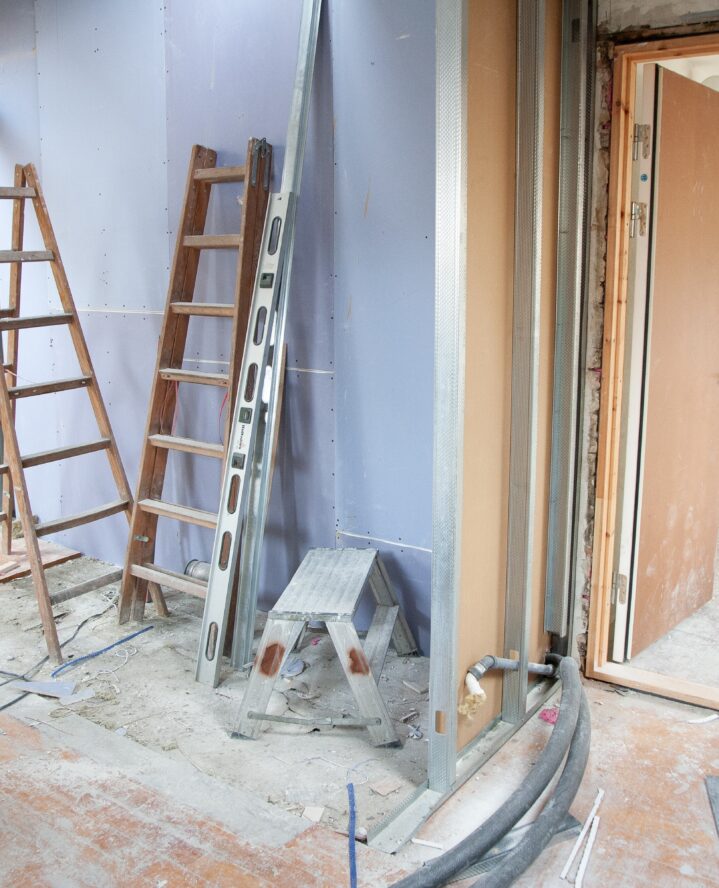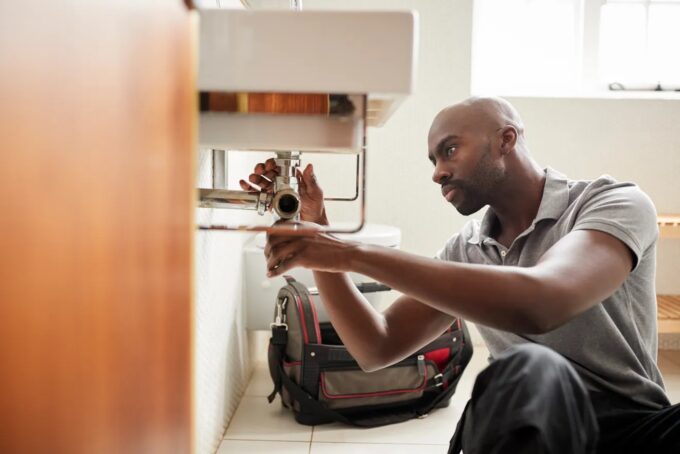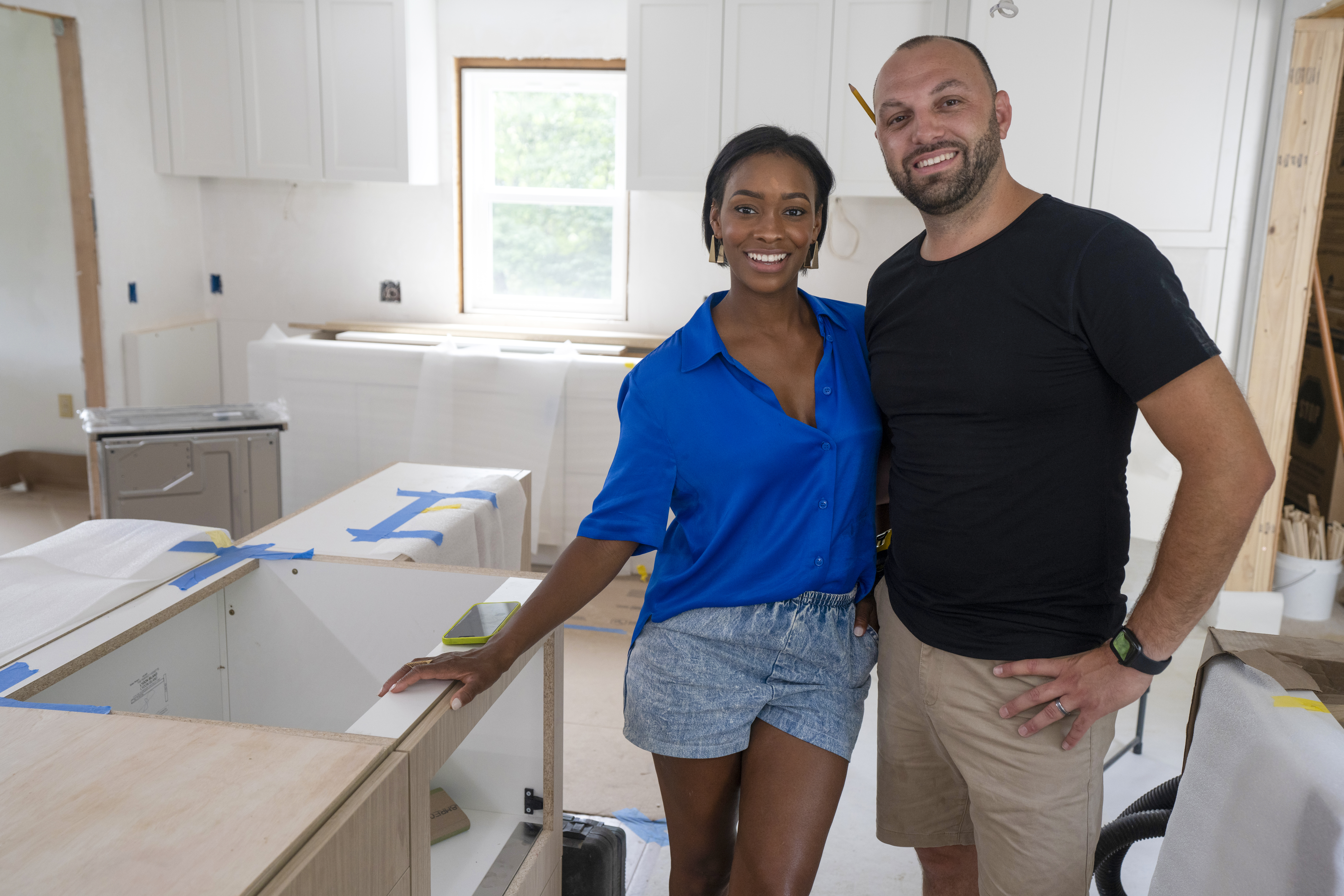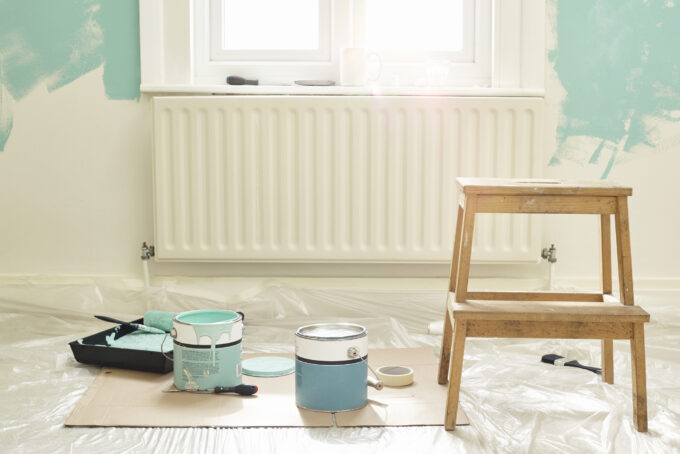If you plan to sell your home, renovating it before putting it on the market is important. This is because renovations can increase the sale price of your property. When you factor in home improvement, you can attract potential buyers who are willing to pay more for a modern and tidy home.
Why You Should Renovate Your Home Before Selling It
Upgrading your home by renovating it can give it a competitive edge in the real estate market. By adding new and enhanced amenities, designs, and functionality, your home is likely to stand out from other properties in the surrounding area, potentially leading to multiple offers.
Renovating your home can also help you sell it faster. This is because a renovated property is more attractive to serious buyers, especially in slower markets. Try adding fresh paint, landscaping, or a new front door to make your home more visually appealing.
Renovations can increase your return on investment by adding value to your home, resulting in a higher selling price and ultimately, more money for you. Even though renovations require an upfront cost, they can help address potential buyer objections and reduce the need for negotiations in price later down the line.
What Not To Fix When Selling a House
While renovations can provide a number of benefits to both homeowners and potential buyers, there are times when renovations are not only unnecessary but a bad idea altogether. To learn what not to fix when selling your home, take a look at the list below:
Custom Renovations
To increase your chances of selling your home, avoid making personalized or unconventional design changes. While you may enjoy bold paint colors or niche wallpaper, they may not appeal to potential buyers. For this reason, you should create a neutral space that allows buyers to build upon the existing space.
Also, such personalized renovations tend to be expensive and take a lot of time. Plus, you never know if potential buyers will even appreciate the changes. Instead of potentially wasting your time and energy, focus on basics like cleaning and de-cluttering.
Minor Fixes
When getting your home ready to sell, you can often forget about repairing minor cosmetic problems. Potential buyers expect to see a bit of wear and tear — i.e. scratches, dents, or scuffs — in a used property. Rather than paying attention to small imperfections, buyers tend to concentrate on the general condition and usefulness of the house.
You can potentially waste time and money fixing minor cosmetic problems since it may not result in a considerable profit. So for this reason, focus on repairing and upgrading serious structural problems or outdated systems as they have a higher chance of attracting buyers and improving your property value.
Costly Upgrades
When selling your home, avoid making expensive upgrades that are too fancy. Even though renovations can increase your property value, you should still consider whether they will provide a decent return on investment. Potential buyers may not want or be able to afford expensive upgrades like luxury fixtures, high-end appliances, or complex landscaping.
To make your home more appealing to buyers, smart homeowners should invest in upgrades that have widespread appeal and thus are more likely to result in a return on investment. You can achieve this by selecting upgrades that are both high-quality and cost-effective to enhance your home without overspending.
Obsolete Features
When selling your home, you may not need to repair or renovate features that are non-functional or even obsolete. This is because buyers may have different preferences for these features and might want to modify them accordingly. Fixing them could be an added expense that ends up being unnecessary.
For example, if your home has an intercom system that is outdated or a swimming pool that is not being used, you should instead inform potential buyers. This allows them to make a decision on how they want to handle the features. Rather than spending money on improving features that do not work or are no longer useful, focus on emphasizing the positive ones and invest in upgrades that appeal to a wider range of potential buyers.
Renovations Against Professional Advice
Renovating your space is a personal choice, however, you should seek the advice of a professional when considering major renovations. Before making significant changes to your property, ask for guidance from a real estate agent, contractor, or home inspector. Without proper guidance, you risk not achieving the desired return on your investment. A professional can provide insights and expertise in order to help you assess market conditions, consider the potential impact of renovations, and recommend cost-effective improvements.
popular posts
- 1It’s Black Business Month, So Let’s Go Shopping and #BuyBlack!
- 2These Home Decor Items Will Instantly Make Your Space Look Outdated
- 3Black-Owned Home Decor Stores To Support Across the United States
- 4A Look Inside Elon Musk's Tiny $50,000 House
- 57 Black and Multicultural Designers To Follow For Design Inspo
Home

These 5 Kitchen Tools Will Up Your Culinary Experience
by Arielle Clay | January 19, 2023

I’ll Drink To That! Host a Black-Owned Wine & Spirit Tasting At Home
by Arielle Clay | January 20, 2023
Spaces
Whether it’s luxury or ease, every area of your home should be as fabulous and unique as you.
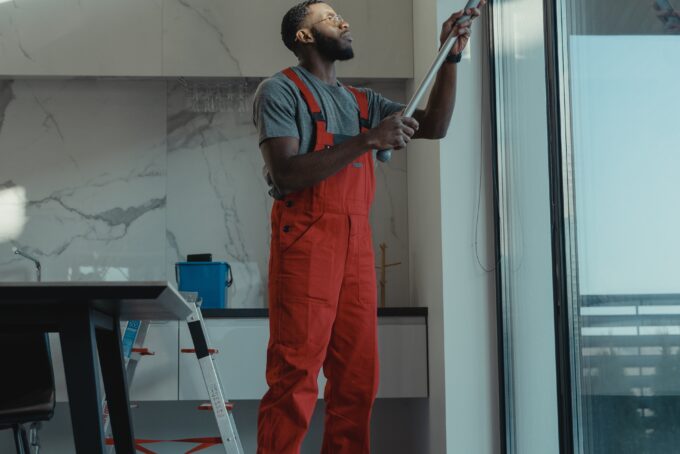
Don't Do That: 5 Bad Home Improvements That Don't Add Value To Your Home
by homeandtexture | February 7, 2023
FOLLOW ALONG ON INSTAGRAM
#homeandtexture
Find us on social for more home inspiration where culture, personal style, and sophisticated shopping intersect to help you create a home where you love to live.
